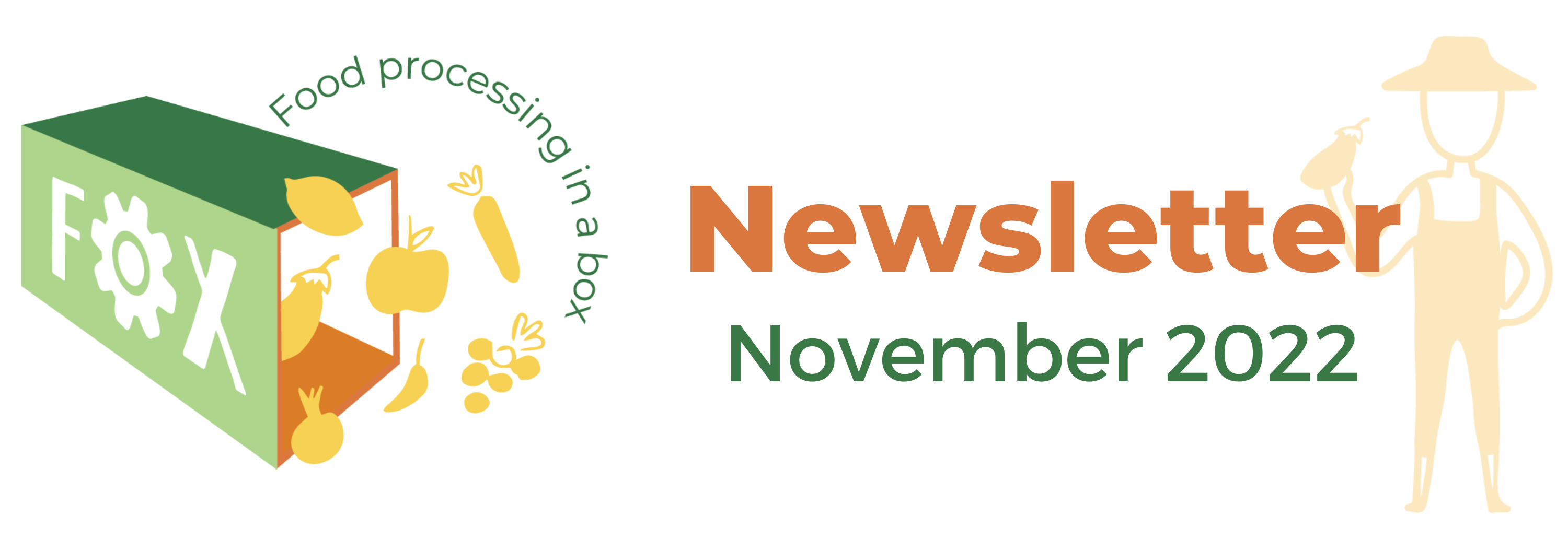Text by Lorenzo Giacomella, KULeuven
On Monday 21st the seminar “Biocultural Heritage and Sustainable Business Models” by Vincenza Ferrara was held at Hollands College in Leuven
A room that recalls times long past, in which religion and ethics were discussed – priests were educated here – has welcomed a positive, multidisciplinary debate on sustainable business models for the agri-food industry. Vincenza Ferrara, manager of a small-scale farm in central Sicily and a PhD candidate at both Uppsala and Stockholm University, shared her experience in applying agroecology, promoting networking, and encouraging multidisciplinary collaboration.
Sustainable business modelling is puzzling, it defies an easy explanation and categorization. But what can FOX partners learn from Vincenza’s experience and research?
Sustainable entrepreneurship is essential to boost resilience and respond to the most compelling climatic challenges. Protecting socio- and environmental values is a key requirement and an opportunity for farmers to stand against ecological degradation and the strict market constraints that usually praise quantity over quality. On her olive farm, Vincenza turns these principles into practice by applying a “from tree to bottle” approach and bringing nutrients back to the land as much as possible.
In her research, she investigates – among other things – how spatial patterns correspond to historical times and their cultural patterns. As it turns out, our landscapes are made of layers of human practices. The past can teach us how to appropriately manage our lands, but it is an innovative marketing and multidisciplinary cooperation that enables farmers to collect the added value of their efforts.
Unfortunately, though, this cannot be enough to guarantee a sustainable income and a fair reward for efforts to preserve the land and food values. For this reason, rather than focusing on production and yields, sustainable entrepreneurs might explore a multi-activity approach. Production can go hand-in-hand with, for example, eco-tourism, but also with network consolidation, sharing of tools, and collaboration.
In this sense, FOX can support farmers by making new technologies and products available for farmers, while also endorsing collaboration and community resilience. These are tools for real agricultural sustainable entrepreneurship.
The KU Leuven FOX team, as well as the COCOREADO team (another EU project) was well represented at the seminar. Furthermore, several farmers and several researchers participated to this event. Such interactions are most valuable and contribute to bridging the gap between research and practice.

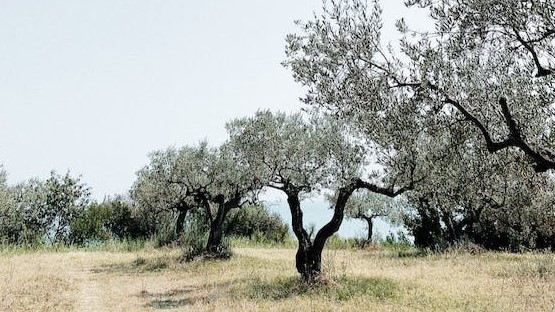
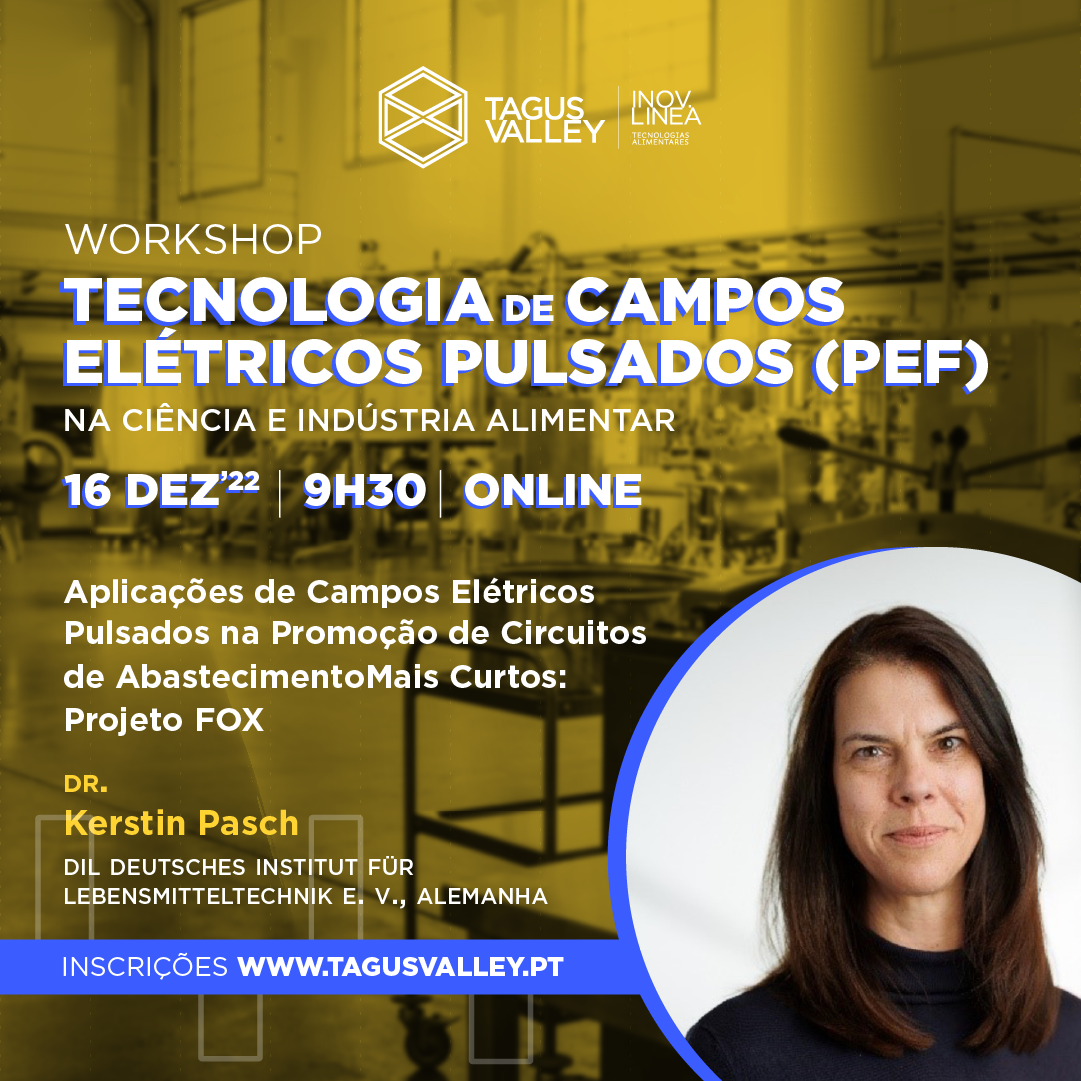
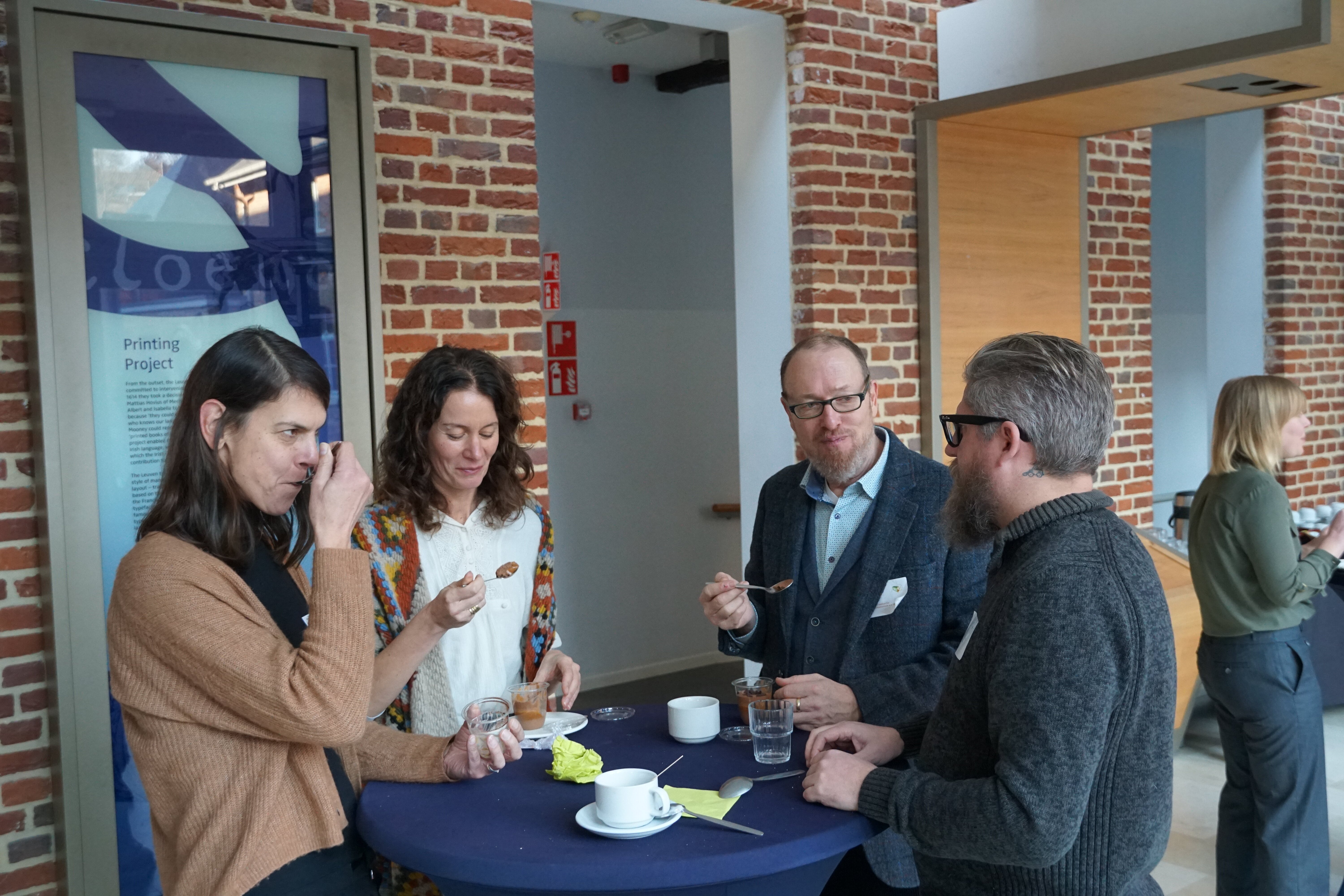
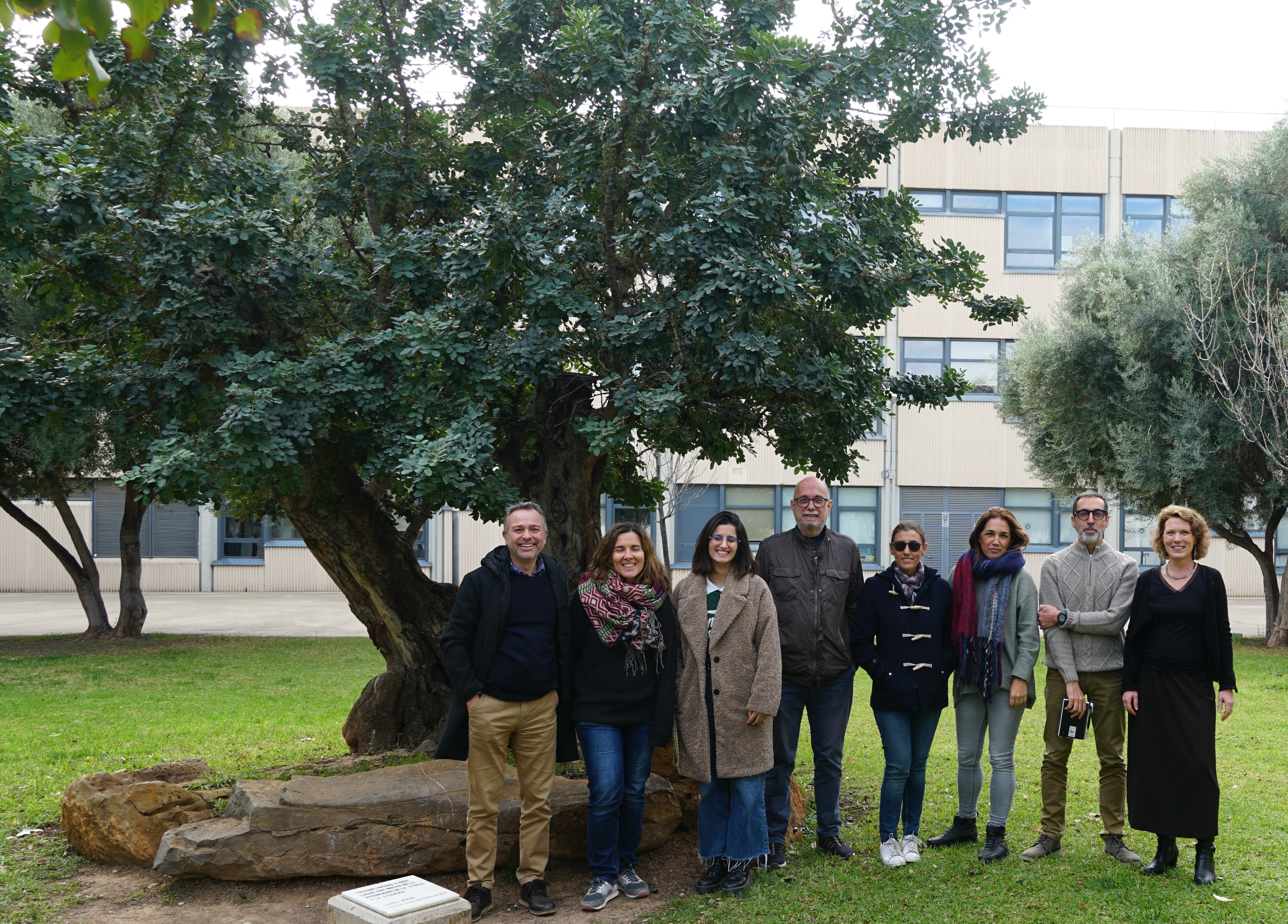
![FOX at FI [Food Ingredients] Europe](https://www.fox-foodprocessinginabox.eu/wp-content/uploads/2022/12/Screenshot-2022-12-13-131707.png)
